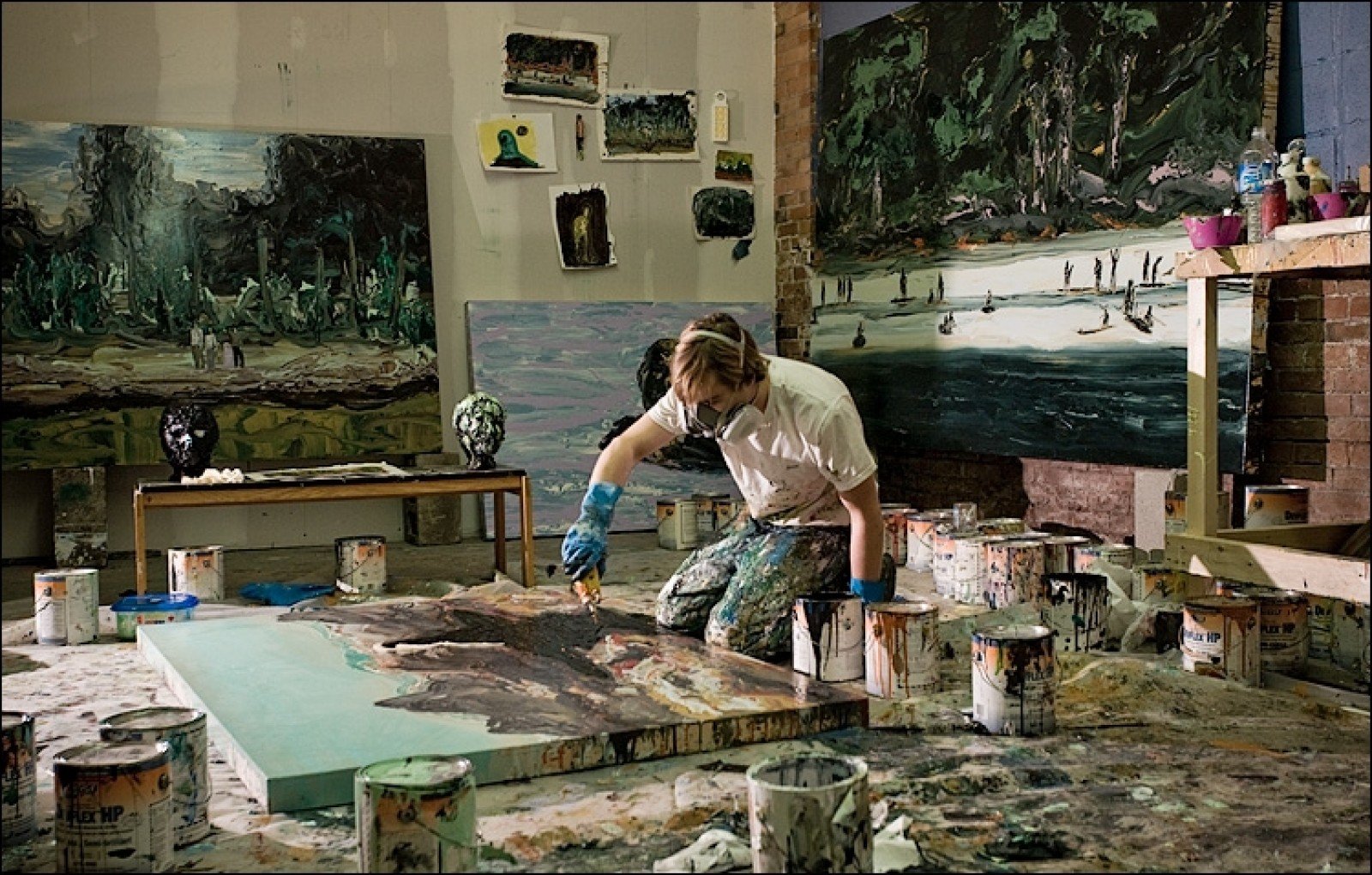
Photo: Photo credit: wvs via VisualHunt / CC BY-NC
Threats and opportunities challenge artist studio provision
New financial and business models are needed if artists are to secure affordable studio space in a highly competitive property market, especially in London, report finds.
Artists’ studios and creative workspaces are being squeezed out by intense competition in the property market, according to a new report.
The report, Making Space: Developing and Sustaining Affordable Artists’ Studios and Creative Workspaces, reveals that despite the economic, social and cultural value of creative workspaces and studios, recent changes in funding regimes and market developments are threatening the future sustainability of the sector.
Pressures in London – which dominates the provision of UK studio buildings – are particularly severe. There is evidence of a growing “artistic brain drain” as artists are “driven out of the areas that they have helped to regenerate.” Looking for new spaces to live and work, they are relocating to join “home grown talent” in other creative hubs such as Bristol and Birmingham.
Such is the severity of the situation in London that any effort to provide creative workspace in the capital will be seen as successful if it “merely preserves current levels of provision and artistic communities and activity.”
Threats to sustainability
The report shares the findings of a study by Creative United examining creative workspace provision. Funded by the Greater London Authority and Arts Council England, it was based on a consultation with 100 stakeholders, including representatives from studio and workspace providers, property developers, local authorities, policymakers and education organisations.
The study explored the issues and challenges facing workspace providers. Case studies reveal their responses to these and successes achieved. Researchers found that many of the problems facing the sector are linked to the vulnerability of most artistic communities. Few artist studios are owner-occupied or permanently designated for the creative community and short-term leases expose them to “the broader dynamics of the property development process”. ‘Pop-up’ spaces are seen as offering short-term opportunities, but are not a solution to underlying structural problems.
Growing demands for similar workspace by more lucrative business sectors, increasing property values and looser regulation around residential building and capital development have all led to studio developers facing head-on competition with well-financed property developers when looking for new space or renewing leases on existing property. Many aren’t able to access the financial support they need to take on development opportunities.
Opportunities
The report makes a series of recommendations to help support and grow creative workspaces. Partnership working is seen as offering some opportunities for the development of more affordable workspaces. The study found that Higher Education Institutions, local authorities and social property developers – particularly those linked to affordable housing schemes – all potentially having something to gain from including artists’ studios in their development plans.
Property developers and local authorities both recognise the value of arts spaces in facilitating planning permission and embedding a ‘sense of place’ in new developments, but providers nonetheless need more support to address the financial challenges.
Possible solutions
Among the potential solutions considered in the study are peer-to-peer lending schemes, which could generate incomes for the creative workspace sector and enable an investment pot for investors.
The report also recommends exploring the potential for a Stabilisation Trust Fund to support creative workspaces as they become established, and setting up a specialist ‘Creative Workspace Unit’ to better engage stakeholders with creative workspace development and provide an evidence base for investment in the sector. Acting as a collaborative representative for the sector, the Unit would identify opportunities, broker partnerships and support the process of ‘deal making’ as required.
Mary-Alice Stack, Chief Executive of Creative United, said: “We hope that the report will provide the springboard for a number of new partnerships and funding mechanisms to be taken forward that can help protect and build the provision of affordable workspaces in London and across the UK".
Join the Discussion
You must be logged in to post a comment.